Stigma around HIV is still rife, but new programmes are helping people become more aware and speak openly about living with the virus
For Svyatoslav Suslov – the head of an organisation in Almaty, Kazakhstan, which provides HIV-related services to MSM (men who have sex with men) and transgender communities – his job and his personal life are inextricably linked. “HIV plays a big role in my life. I have lots of friends and acquaintances who have become affected by the epidemic. Some who are, unfortunately, no longer with us. But also because the community with which we work, to which I myself belong, faces more HIV issues than many others. As I’ve been working in this field for more than 10 years, I can say this is my life.”
There are currently approximately 5,172 people living with HIV in Almaty, according to a recent report by the Kazakh Scientific Center of Dermatology and Infectious Diseases. That is almost twice the national rate of HIV prevalence. Since 2013, HIV prevalence among the MSM community has risen by 442%.
RADIAN, a partnership between the Elton John AIDS Foundation and Gilead Sciences, has made Almaty its first “Model City”, as part of a programme that pilots strategies to end the HIV epidemic in cities and regions across Eastern Europe and Central Asia (EECA).
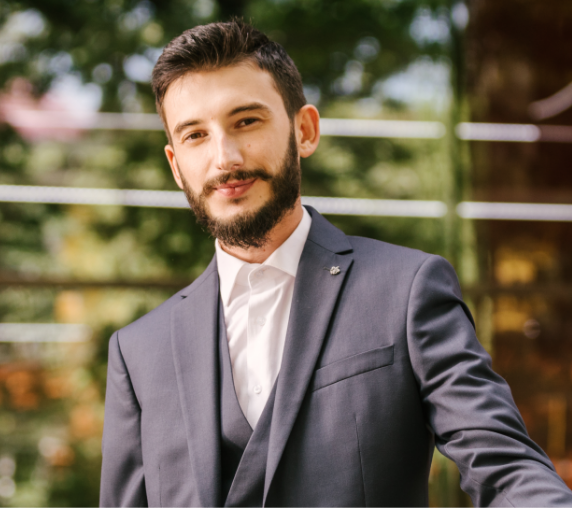
I decided that my professional background, my experience and my knowledge would be useful in this area, and I put all my efforts, all my time and resources into it
The Model Cities programme will work on a local level to help organisations such as Suslov’s by providing funding to strengthen the HIV response and services over a five-year period from 2020. Its primary aim is to help tackle and, ultimately, end HIV as a public health threat by 2030 in EECA.
Suslov’s organisation, which was set up in 2015, is Almaty’s leading community organisation providing HIV-related services to the city’s MSM and transgender communities. A lack of information and stigma are some of the biggest challenges they face, along with difficulties accessing the necessary medical services, says Suslov.
“I have a vivid memory of a client who had known his HIV status for many years, but had fallen prey to misinformation and conspiracy theories and started to believe that HIV was fake. And so he disengaged from medical care and stopped taking antiretroviral therapy,” he says.
“By the time he came to us, in 2018, the situation was critical. He went into surgery and had serious complications afterwards. We began working with him during his post-operative recovery, but by the time we had finally convinced him to go to therapy, he only lived for three more days. We still remember this loss.”
Cases such as this are what keeps Suslov and other peer activists committed to the cause. “It’s sad to see that while on average the whole world is recording a downward curve in new cases of HIV, here we have an increase in infections,” he says.
A significant contributing factor is that people, especially those in the MSM and transgender communities, are reluctant to go to medical institutions to be tested, says Suslov, which means they don’t discover their HIV status until it’s too late.
Many people within the MSM community also self-sabotage their situation, Suslov believes. “There is self-stigma and internal stigma in the community itself. That is, when a person stigmatises and discriminates himself,” he says. “It doesn’t matter whether it’s based on sexual orientation or gender identity, but it’s why the first step is to highlight the problem.”
Homosexuality was prohibited by law in Kazakhstan until 1998. It is still illegal in nearby Uzbekistan and Turkmenistan.
In the face of enormous challenges, Suslov and his team remain cautiously optimistic. His organisation is implementing HIV testing and increasing access to prevention and care among MSM and transgender people, including through innovative social media-based campaigns.
“The situation is beginning to improve,” says Suslov. “People have become more aware of HIV and more people have begun to talk openly about the fact that they have been living with HIV for many years.”
With this gradual acceptance, people are becoming more willing to seek help and get treatment.
But there remains a long way to go. “There is still a stigma within the community, and this is something that we are constantly working on.”
This energy and gratitude is what gives us the strength to get up in the morning and do what we do
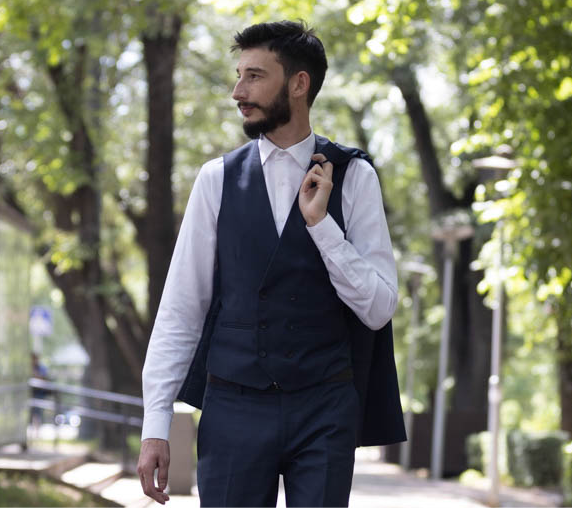
Organisations such as Suslov’s are helping increase HIV testing among Almaty’s MSM community, ensuring access to prevention programmes and providing hope and support through their peer groups. Suslov has worked with public organisations for more than 10 years and most recently worked specifically with the MSM community, which led him to set up his own organisation. “Stigma and discrimination are still the main obstacles to obtaining medical services,” says Suslov. “But, for the most part, 95% of the people who know their HIV status are on therapy and achieve viral suppression. The first step is to find and highlight the problem. There is a saying that as long as evil is not named, it can’t be defeated, so we need to start with this.
“I decided that my professional background, my experience and my knowledge would be useful in this area, and I put all my efforts, all my time and resources into it,” he says. “Alongside the stigma and discrimination aspect, one of the main obstacles is that people don’t want to be tested, because they don’t want to go to medical institutions.”
He hopes that the work his team is doing will continue to make a difference and change the outcomes for people in the MSM and transgender communities. “When I see the light in people’s eyes and hear testimonials of appreciation, this energy and gratitude is what gives us the strength to get up in the morning and do what we do,” he says.
People in Kazakhstan are slowly becoming more aware and accepting of how prevalent HIV is, he says. “The situation is becoming a little less tense. But, nevertheless, there is still a kind of stigma within the MSM community, and this is something that we are constantly working on.”
This article was originally published on theguardian.com as part of the RADIAN and Guardian Labs Changemakers campaign
Read More
-
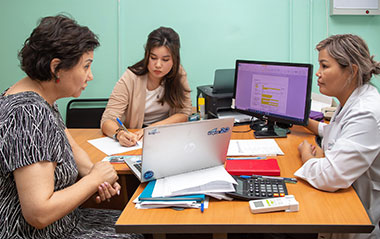
Changemakers
Courage at the Core
Announcing our first RADIAN 2.0 grant recipients: innovators addressing structural barriers to HIV care, promoting equity and scaling proven solutions from RADIAN’s first five years.
NEWS at RADIAN - February 2025
-
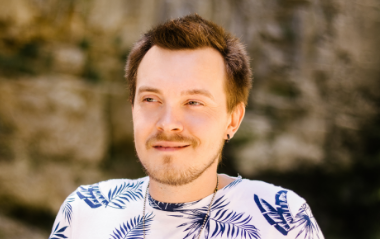
Changemakers
Ending the AIDS epidemic
Reduce discrimination and remove the barriers vulnerable populations face when accessing healthcare in one of the few regions in the world where infections continue to rise.
NEWS at RADIAN - November 2021
-
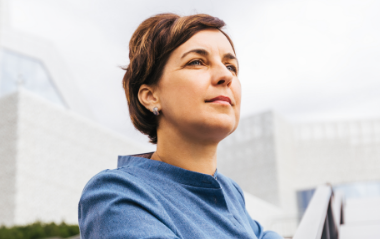
Changemakers
Women living with HIV in EECA
Since being diagnosed with HIV, Vera and Lyubov have been working to create support services to help other people affected by HIV and to end AIDS in their local communities.
NEWS at RADIAN - November 2021


